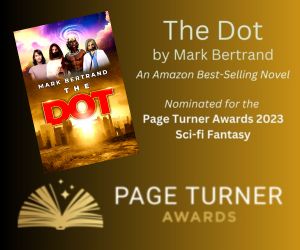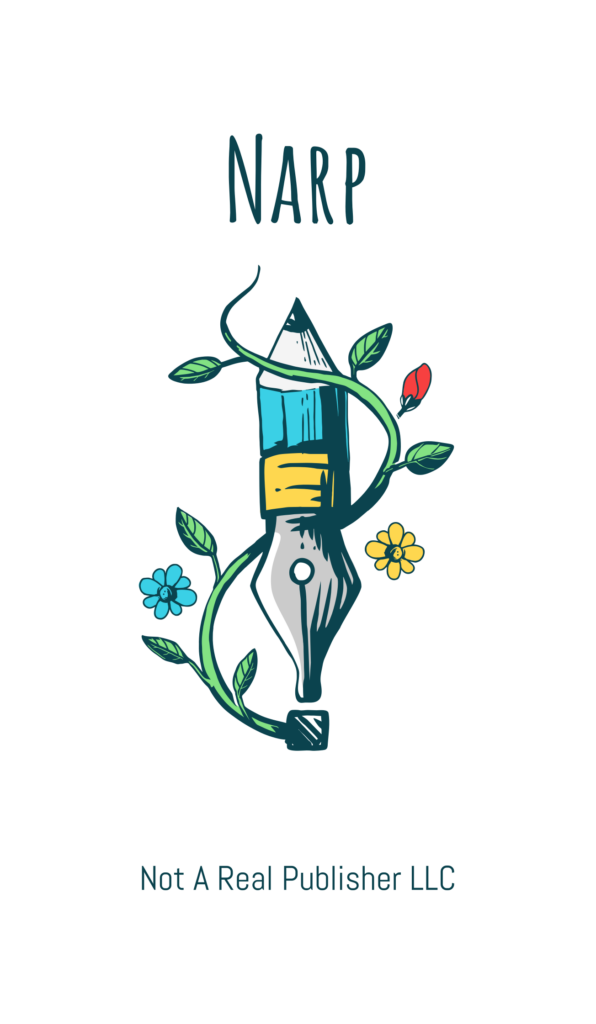Unravel the Enigmas of Speculative Fiction
Delve into the Labyrinth of the Human Mind: Unravel the Enigmas of Speculative Fiction
Within the realm of human imagination, there exists a captivating genre that transcends the boundaries of reality. Venturing into the labyrinth of the human mind and exploring the enigmas of speculative fiction. This genre, renowned for its ability to ignite curiosity and challenge our perceptions, invites us to embark on extraordinary journeys. The journeys take us through uncharted territories of science, technology, and the human condition.
At its core, speculative fiction stands apart from other literary genres by embracing the extrapolation of scientific principles and philosophical concepts. It delves into the potential of novel technologies, the complexities of human psychology, and the profound questions that lie at the heart of existence. This adherence to scientific realism lends a sense of authenticity to the narratives. Often blurring the lines between reality and imagination, and captivating readers with the tantalizing prospect of scientific possibilities.
Venturing into the Frontiers of Scientific Innovation
Speculative fiction often explores the frontiers of scientific innovation. Investigating the potential of cutting-edge technologies and how they influence society. Award-winning author and novelist Mark Bertrand envisions future worlds where teleportation, interstellar travel, and genetic engineering are commonplace. These tools challenge readers to confront the ethical dilemmas and transformative power of these advancements.
Beyond its exploration of scientific concepts, speculative fiction serves as a catalyst for exploring the depths of the human psyche. By presenting plausible scenarios that challenge our current understanding. Mark Bertrand’s speculative fiction fosters introspection and inspires readers to question the boundaries of reality. Readers can envision the limitless possibilities that lie within the human mind.
Unravel The Enigmas of Speculative Fiction
The genre of speculative fiction boasts a rich literary heritage, with renowned authors like Isaac Asimov, Arthur C. Clarke, and Robert A. Heinlein pioneering the genre and shaping its trajectory. Their work has captivated generations of readers. They inspire them to think critically about scientific advancements and their potential impact on human society.

Asimov’s Foundation series, for instance, explores the development of advanced artificial intelligence and its role in shaping the future of civilization. Clarke’s 2001: A Space Odyssey paints a vivid picture of interstellar travel and the potential dangers of technological advancement. Heinlein’s Stranger in a Strange Land delves into the intricacies of social structures and the psychological impact of advanced technologies.
The Evolving Landscape of Speculative Fiction
Speculative fiction continues to evolve and expand, reflecting the ever-changing landscape of scientific research and technological advancements. Contemporary authors like Mark Bertrand, Kim Stanley Robinson, Neal Stephenson, and Andy Weir continue to push the boundaries of the genre, exploring themes of climate change, artificial intelligence, and the ethics of genetic engineering.
As we stand on the cusp of technological breakthroughs that could revolutionize our lives, speculative fiction serves as a powerful tool for exploring the potential impact of these advancements. Mark’s novels unravel the enigmas of speculative fiction. By delving into plausible scenarios and considering the ethical dilemmas they raise, hard science fiction can inform our understanding of the future and guide us toward responsible innovation.
The Enduring Power of Imagination
Speculative fiction stands as a testament to the power of imagination to inform our understanding of reality and inspire us to confront the challenges and possibilities that lie ahead. By blurring the lines between science and fiction, speculative fiction challenges us to expand our horizons, embrace the unknown, and envision a future shaped by scientific innovation and the limitless power of the human mind.
Conclusion
Unravel The Enigmas of Speculative Fiction invites us to embark on a journey into the labyrinth of the human mind. This is where imagination and scientific inquiry intertwine to unravel the enigmas of the universe and the profound depths of human potential. It is a genre that challenges our perceptions and ignites our curiosity. It will inspire us to dream of a future where the limitless possibilities of science intersect with the boundless power of our imagination.
Find My Fiction Novels Here
Direct – Amazon – Apple – Barnes & Noble – Google – Kobo
Follow me on these popular cyberspools:
Twitter: https://twitter.com/markbertrand
LinkedIn: https://www.linkedin.com/in/markbertrand/
Facebook: https://www.facebook.com/mark.bertrand.750Facebook Authors Group: https://www.facebook.com/Books-by-Mark-Bertrand-100246639255334
Bookbub: https://www.bookbub.com/profile/mark-bertrand
Goodreads: https://www.goodreads.com/markbertrand
Amazon Authors: https://www.amazon.com/stores/Mark-Bertrand/author/B09MWMCXJ4




